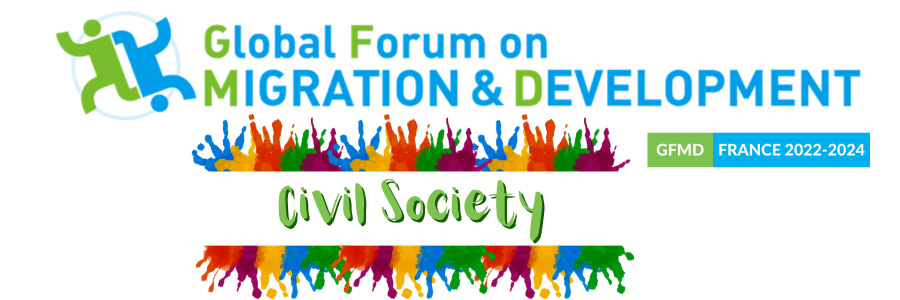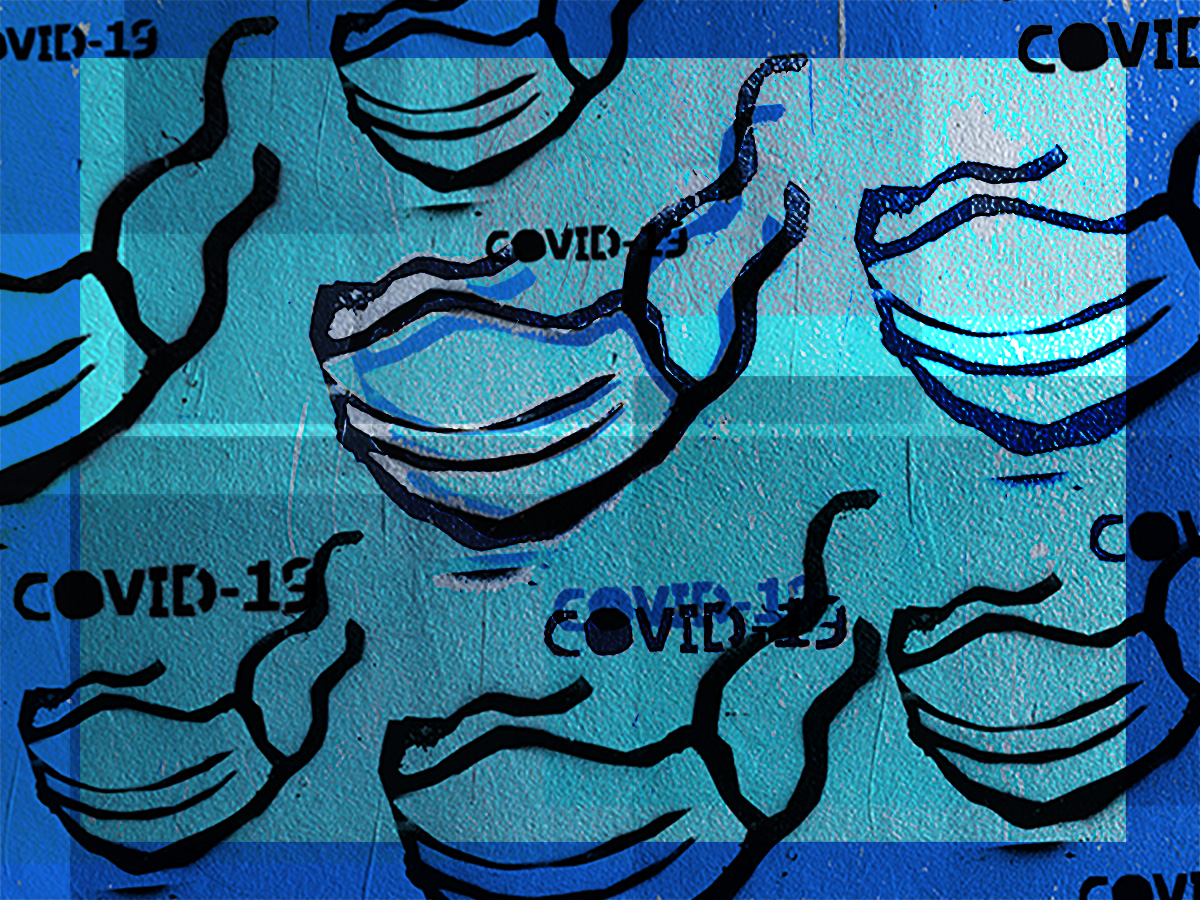The COVID-19 pandemic offers a unique window of opportunity to rebuild boldly, creating equitable, inclusive societies that benefit all and do not leave migrants behind, delegates concluded at the final plenary of the GFMD Civil Society Preparatory Meeting.
Some 240 civil society representatives have gathered online across four days from 7-15 January for the preparatory meeting ahead of the upcoming Global Forum on Migration and Development (GFMD) Summit.
During the closing plenary, speaker Gregory Maniatis, director of the International Migration Initiative of the Open Society Foundations, underlined that due to COVID-19 the world is at a crossroads moment with regard to migration governance.
Maniatis urged civil society to take advantage of the window of opportunity the pandemic has created by “not just telling others what to do,” but by taking action and proposing solutions. “This is the moment to seize power on behalf of migrants,” working in cooperation with supporters at all levels, he said.
A core focus must be the health of migrants, which is the biggest impact of the pandemic, Maniatis said, quoting health outcomes for migrants two to three times worse than for the general population. In the short term, this means ensuring access to vaccines and health care regardless of migration status, while targeting deeper structural inequalities in the longer term.
Maniatis noted that currently there is a “wellspring of public support” for migrants already present in communities. This is due to their visibility as essential, front-line workers in healthcare and agricultural work, in particular. It is critical that civil society focus its energies on harnessing this social and political capital to secure vaccines for migrants and earmark a portion of recovery funding for development aid. This immediate action can drive structural change, rooted in the perspective that what is good for one person in the society is good for all.
For Lidy Nacpil, coordinator of the Asian Peoples’ Movement on Debt and Development (APMDD) and co-coordinator of the Global Campaign to Demand Climate Justice, everyone has a right to receive effective vaccines. In response to Nacpil’s call for solidarity for migrant workers, Genevieve Gencianos of Public Services International said that the global trade union federation is advocating for access to vaccination on all fronts, including at the World Health Organization.
“We cannot accept simply building back to pre-COVID-19 systems. We must be bolder, more courageous in aiming for a world that is much, much better.”
Lidy Nacpil, APMDD
In this regard, Nacpil noted the importance of campaigning against the use of personal data. She argued for an approach like that used for food aid distribution so that undocumented migrants in particular are not made more vulnerable by having to disclose their migration status or personal information that could be used to detain them or deny access to other basic services.
Strategies to ensure access to vaccines need to be both top down and bottom up, Maniatis said. With national strategies, civil society can determine where power is locally and work together with local authorities to provide solutions. He cited the example of the Emma Lazarus Campaign in the United States. The campaign worked initially with New York City to provide essential support and healthcare for undocumented workers and has since expanded to 30 locations across the country. He encouraged delegates to take an immediate moment and translate it into change at the local and national levels.
Nacpil voiced her deep concern about the pandemic’s impact on the fight for economic equality, climate justice and democracy. “We cannot accept simply building back to pre-COVID-19 systems,” she emphasized. Looking at the intersection of migration and development, she called for a focus on “rebuilding” in a way that creates equitable, resilient economies.
Such rebuilding would mean re-orienting economies to stop the exploitation of developing countries by rich countries and the flow of wealth – including the labor of migrant workers – from the global South to the global North, Nacpil said. Development should promote jobs that secure better futures for the economies of developing countries and enable people to earn a livelihood without having to migrate.
With regard to civil society’s message to the GFMD Summit, she encouraged delegates to “be bolder, more courageous in aiming for a world that is much, much better.”
As delegates prepared to engage in the GFMD Summit that takes place online on 18-26 January, they commemorated those who have been lost to COVID-19. Among them there are members of the civil society community, such as former migrant advocates from Bangladesh, India, Mexico and South Korea.
Moderator William Gois of Migrant Forum in Asia expressed the hope that delegates would walk together to bring about “what we dream of for a better world, for a world that is transformed for migrants and all, so that indeed no one is left behind. May we find courage and strength to continue the struggle in [the] memory [of those who have gone before us].”
Image: © JM/ICMC (Collage based on a picture by Adam Nieścioruk on Unsplash.)

